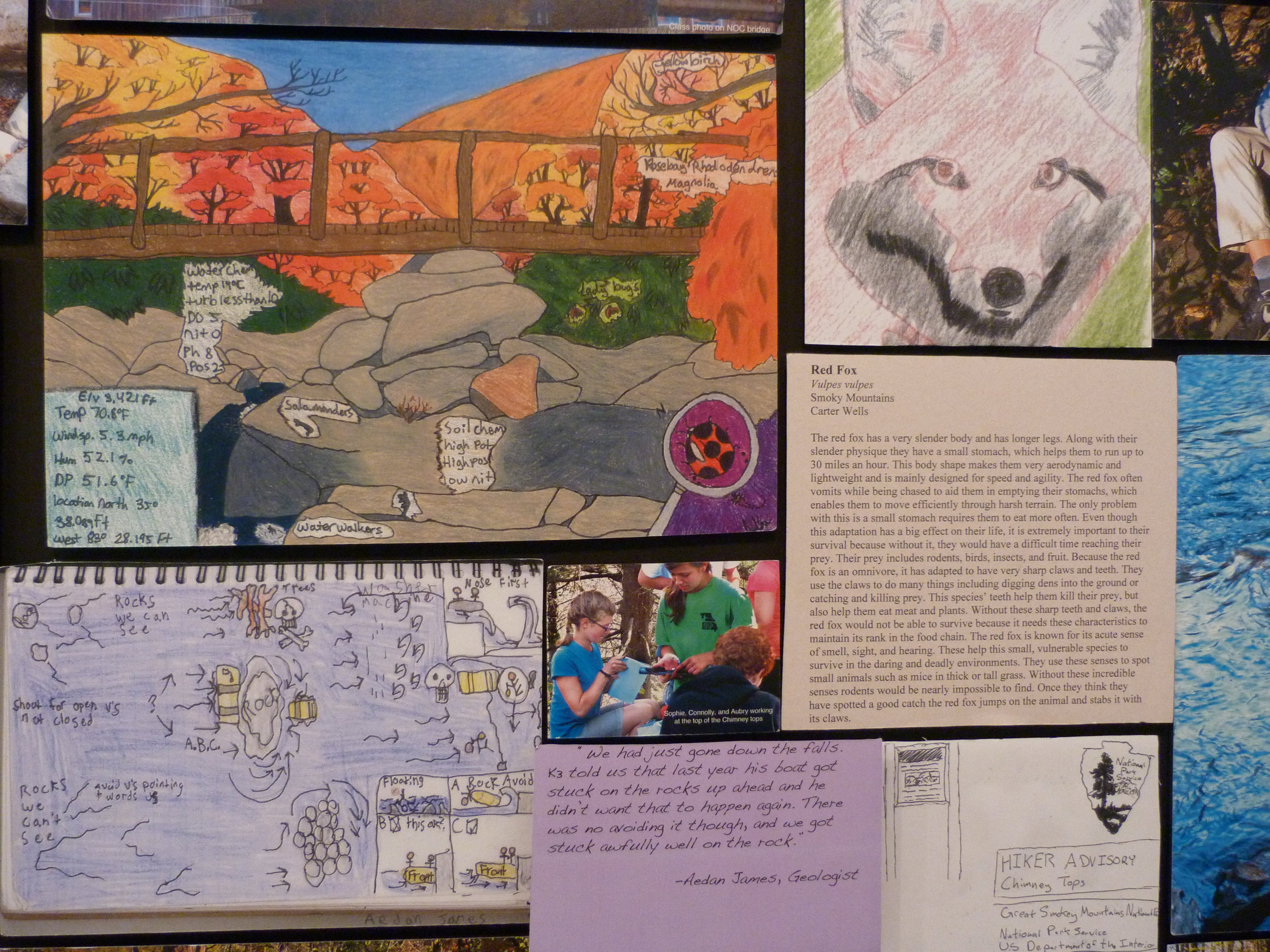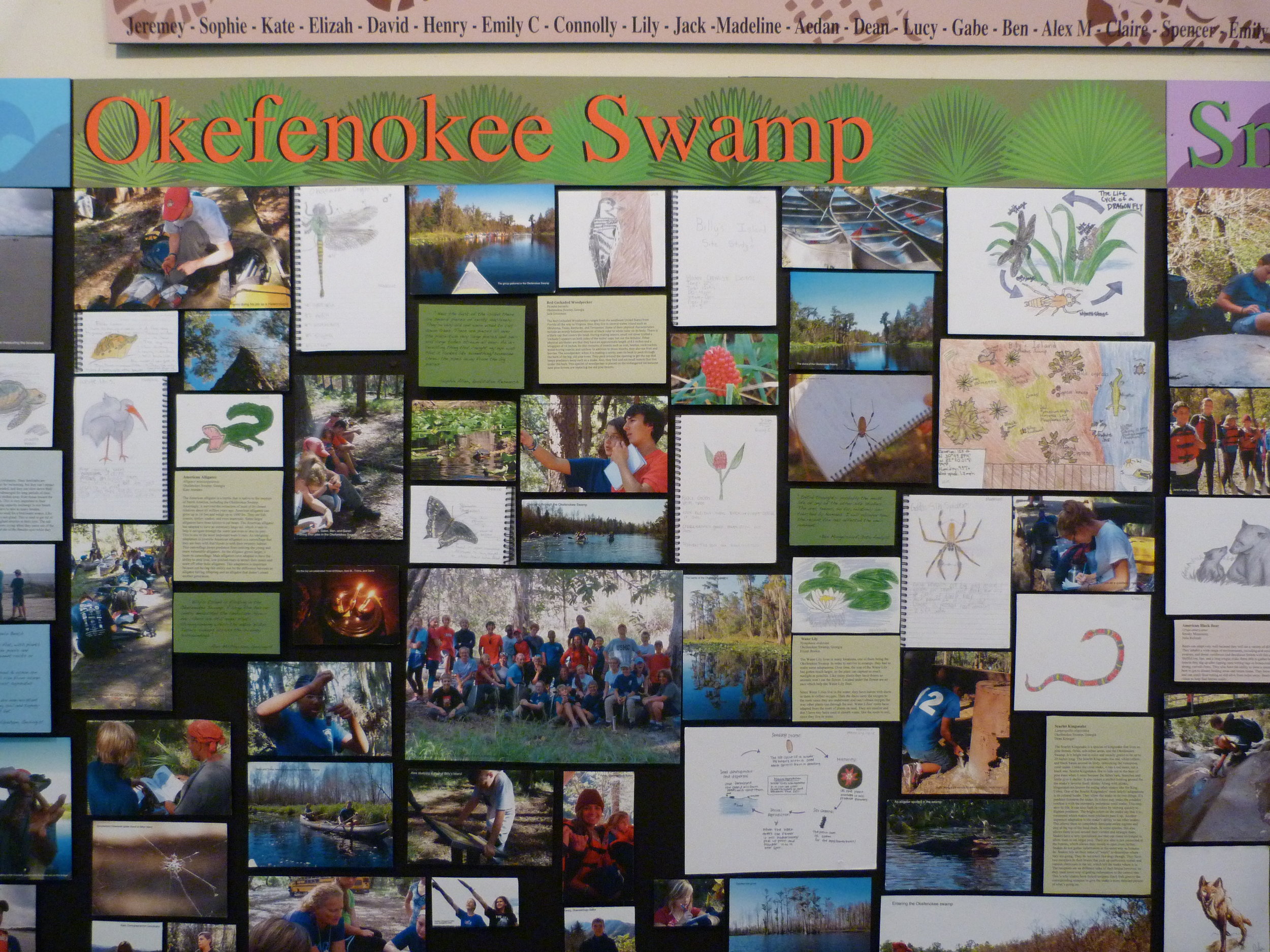 I have been reading about Stanford Professor, Linda Darling Hammond's research using the results of the PISA, (Program for International Student Assessment) to investigate the consistent low rank of U.S. students on this assessment and the consistent high achievement of students from countries like Japan and Finland. She points out that the PISA assesses higher order thinking skills and performance tasks which students in high achieving countries practice every day as part of their teaching learning systems.
I have been reading about Stanford Professor, Linda Darling Hammond's research using the results of the PISA, (Program for International Student Assessment) to investigate the consistent low rank of U.S. students on this assessment and the consistent high achievement of students from countries like Japan and Finland. She points out that the PISA assesses higher order thinking skills and performance tasks which students in high achieving countries practice every day as part of their teaching learning systems.
Performance Assessment is a a way to assess what students understand and what skills they have by actually asking them to use their knowledge and their skills. Performance assessments involve students in constructing various types of products for diverse audiences. Through her studies, Linda Darling Hammond found that students in high achieving countries are engaged in inquiry, project based learning, the design of experiments, the analysis of data, collaborative work, and reflection on their own work in order to improve it. In other words, instead of memorizing facts which can be coughed up for multiple choice tests, students are being challenged to THINK. She advocates for a teaching learning system that focuses on equipping students to be big thinkers and to apply and adapt their learning so that as they use it...it becomes life long.
Along the way, if we adopt this process, we might rise to the top of the PISA assessment instead of hovering at the bottom.
At both The College School and Maplewood Richmond Heights School District, we are influenced by the work, research and practice of expeditionary learning and particularly Ron Berger who champions beautiful, exemplary student work that is directed toward an authentic audience.
To quote Ron, If you’re going to do something, I believe that you should do it well. You should sweat over it and make sure that it is strong and accurate and beautiful and you should be proud of it. There is much evidence of original, beautiful work designed by students of all ages at both schools. If you come to our conference in April, you will see it, take it home with you, engage in dialogue about it with students and teachers. We will all be inspired to take these words of Ron Berger to heart and into our classrooms.
We can ask ourselves how are we assessing for 21st c skills like innovation, creativity, collaboration, communication, ecoliteracy, citizenship? When will these crucial skills for the future matter enough to be highly valued and assessed. Maybe we need to push for measures for the heretofore unmeasured and demonstrate the high achieving results in these domains by students in schools like the Maplewood Richmond Heights District, where stewardship, leadership and citizenship are as important as scholarship.
Ashley and I, and Bob Dillon, middle school principal of Maplewood Richmond Heights Middle School, just returned from the Green Schools Conference where we met many people who are thinking, researching and practicing all kinds of ways to improve our own teaching learning systems. I heard Louise Chawla say, We need to stop and think that out of our schools, we don't want to graduate only "good workers," we want to think about human happiness and flourishing and how we can nurture and develop it.
Come to see us in April and experience learning where students achieve success in many ways... on tests, through their beautiful work, through their good works and through their own pride, self-confidence and happiness.


